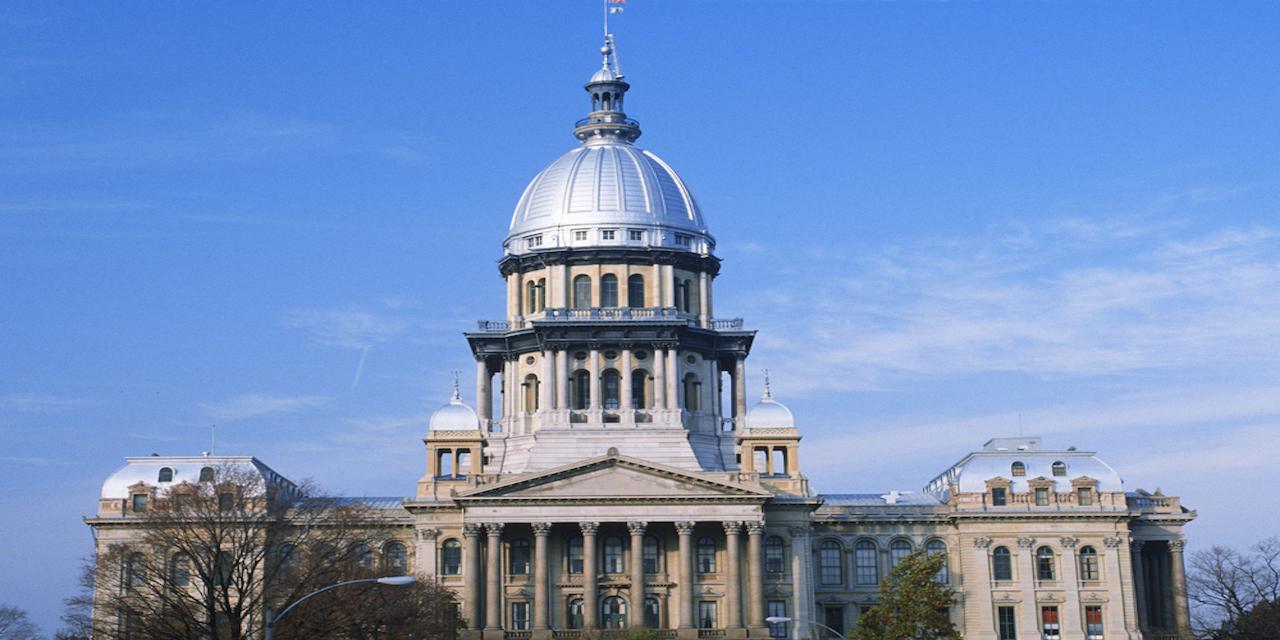A suburban community theater troupe will not receive a property tax exemption on its theater, after a state appellate court upheld previous findings by the state and a trial court that the theater, while nonprofit, is not charitable enough to qualify for an exemption.
On Sept. 19, a three justice panel of the Illinois Second District Appellate Court in Elgin found in favor of the Illinois Department of Revenue, which had contended Wheaton Drama Inc. wasn’t eligible to avoid paying taxes on their theater in the western Chicago suburb.
The appellate court’s finding was issued as an unpublished order under Supreme Court Rule 23, which limits its use as legal precedent.

Wheaton Drama, a nonprofit organization already exempt from income and sales taxes, applied in 2012 for an exemption from real estate taxes on its theater, located at 111 N. Hale St. in Wheaton. The Department of Revenue denied the application, and the organization filed for a hearing before an administrative law judge.
The appellate court agreed with much of the lower court’s findings. In order to qualify for a property tax exemption, the mission of the organization and the primary purpose of the site must be charitable. The court said that while Wheaton Drama’s stated mission to promote the study of theatrical arts is laudable, it is not recognized by Illinois courts as inherently charitable.
By statute, a charitable institution is defined as “one which dispenses charity to all who need and apply for it, does not provide gain or profit in a private sense to any person connected with it, and does not appear to place obstacles of any character in the way of those who need and would avail themselves of the charitable benefits it dispenses.”
The drama group argued that it had provided charity in 2012, in the form of free tickets to dress rehearsal nights distributed to five retirement homes and a shelter for homeless veterans, and because officers of the group had occasionally given away free tickets on a case-by-case basis when someone asked for a discounted ticket and could provide a compelling “story” as to why they could not afford the full rate.
The court replied that providing dress rehearsal tickets to fewer than 70 people who were not evidently in need of such charity five times per year was not charity worthy of a property tax exemption, particularly since tickets were not sold to the dress rehearsals, so there was no financial impact to the group to allow this audience to attend. Further, the group’s choice not to advertise the availability of free or reduced-rate tickets – if people asked, they were told there were no reduced rates – and to require people to proactively ask for tickets and provide a “story” to get a free ticket put obstacles in the way of people who might take advantage of such charity, the court wrote.
“Wheaton Drama may have provided some charity in 2012, but it appeared to be secondary or incidental to Wheaton Drama’s main purpose, which was the study and promotion of theatrical arts,” the justices wrote. “The only benefit discernible to the local community from Wheaton Drama’s activities was that the public could buy a ticket to the theater and enjoy a performance, similar to enjoying a performance from a for-profit, property tax-paying theater.”
Wheaton Drama had relied in part on case law established by other nonprofit arts organizations, but the court pointed out that those organizations provided other public benefits, such as a free public art gallery. The main use of the theater, the court wrote, is to provide Wheaton Drama’s members a place to read and perform plays, activities that benefit the members over the public.
The organization has a paid membership, and while anyone can join, the benefits flow primarily to members, the court wrote. While officers have the discretion to waive membership fees, there were no fee waivers in 2012, the year for which the exemption was requested. The members, the court wrote, apparently joined the group because of their mutual interest in the theater, not to help dispense charity.
Justice Robert B. Spence delivered the judgment of the court, and justices Susan F. Hutchinson and Joseph E. Birkett concurred.
